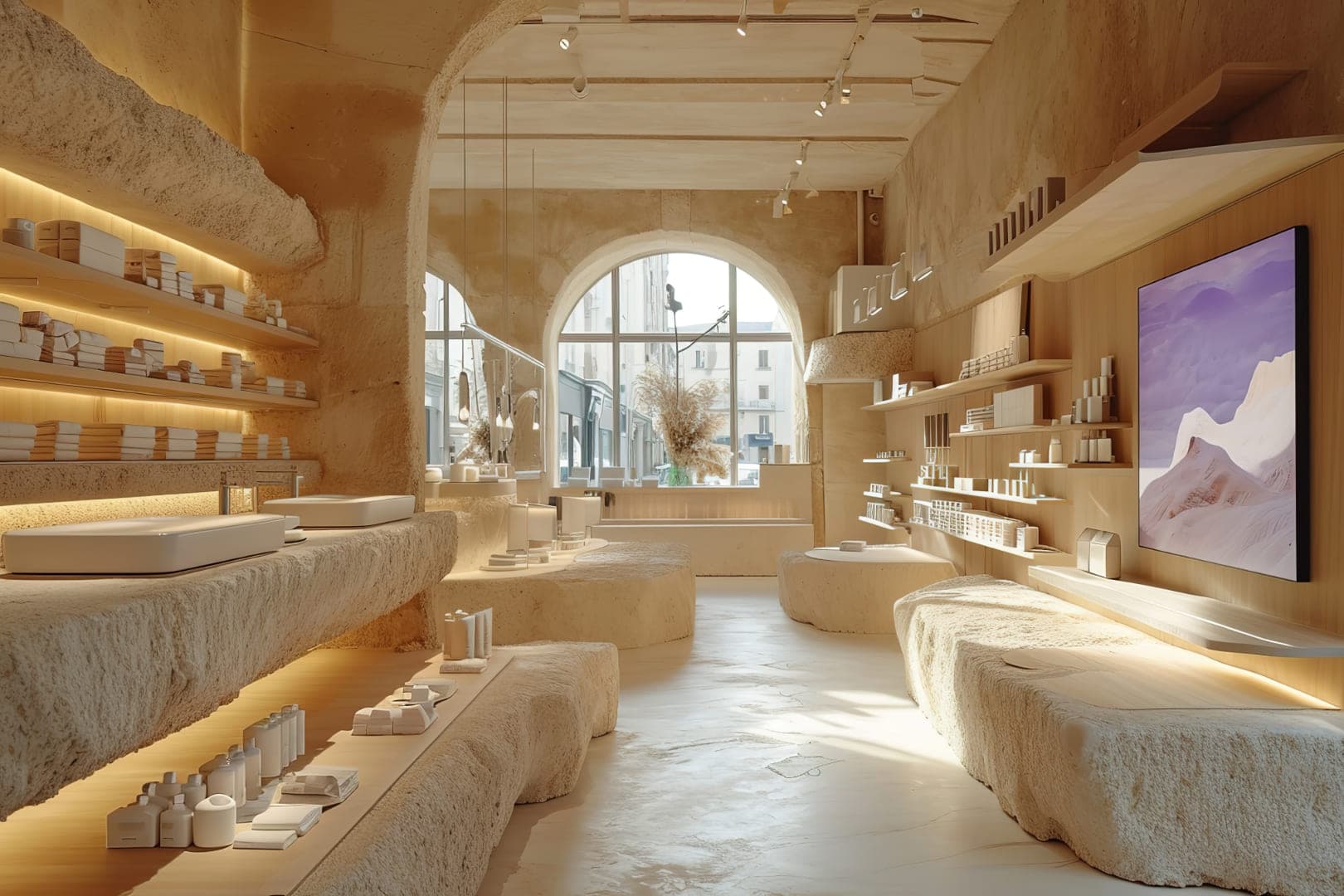Loading...
08 April 2022

The rise in our day-to-day consumption of fashion products has been threatening our sustainability goals. The luxury market is no exception to the trend of sustainability across all industries. Luxury brands' sustainability claims remain in question as this industry still remains a top contributor to global pollution. The exclusivity of highly engineered products of luxury brands is socially appealing but do they do any good to our environment? Fast fashion, as well as luxury brands, use animal skin, employ water-inten- sive processes, and emit high levels of greenhouse gases. According to THE GUARDIAN, in order to supply us with handbags, wallets, and shoes, the fash ion industry needs to slaughter 430m cows annually by 2025. The claims of Sustainable Luxury Brands have caused more damage than we are current- ly aware of. In this article, we will analyze a few items from the Luxury cate- gory that are currently damaging the environment.
Sustainability and luxury brands: a lie
The burden on the environment by the rich
According to a report by Oxfam, the eight richest people in the world control as much as half of the wealth of the world's population. With their shopping habits, the rich can have a huge impact on the environment. Embracing Luxury brands with a lack of sustainability by the very few wealthy people is putting the whole planet at risk. It is only by establishing policies that target the rich who are damaging the planet that we can stop the competition among the rich to acquire the rarest and most expensive items. Possession of houses, cars, boats, clothes, and jewelry by the affluent has no limits. Plan- etary Resources, however, are limited to support our basic needs. For exam- ple, to make 1 kg of aluminum, 85 kg of material is required. This measure- ment is done through a concept called the ecological rucksack factor.
Capitalizing on unsustainable and rare products has become a signature of Luxury Brands. With the use of rare animal skin, cotton destruction, and re- leasing unsustainable collections to please affluent consumers, luxury brands' sustainability claims are nothing short of deceptive. A 2018 Accen- ture survey found that 62% of 30000 consumers are attracted to brands with high ethical values. Consumers will therefore be less likely to rely on luxury brands due to their lack of awareness of sustainability. An expensive item may make you look affluent and unique, but we are running out of time to save our planet and this is the right time to choose brands that are less ex- pensive and more eco-conscious. It is only through speaking out against the cruelty done by luxury brands to the planet that we can bring to light the dark reality they are hiding